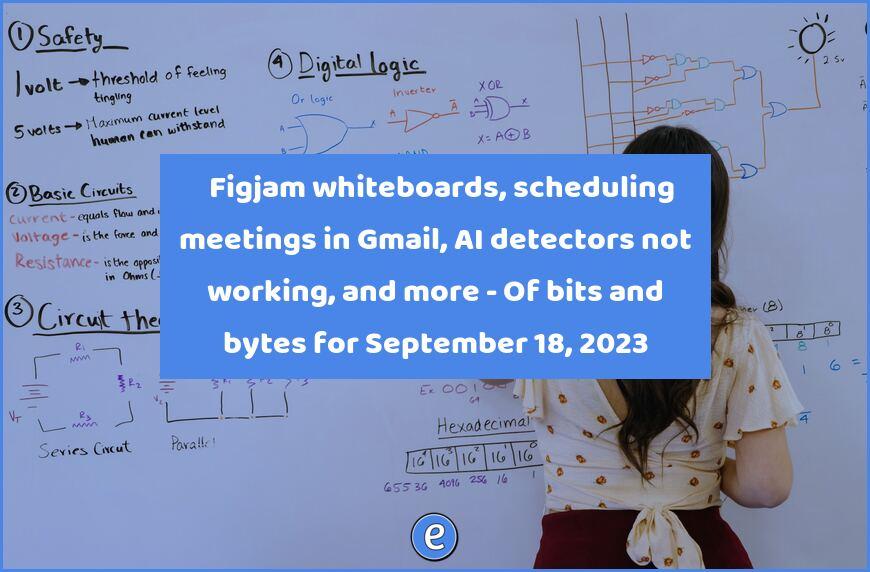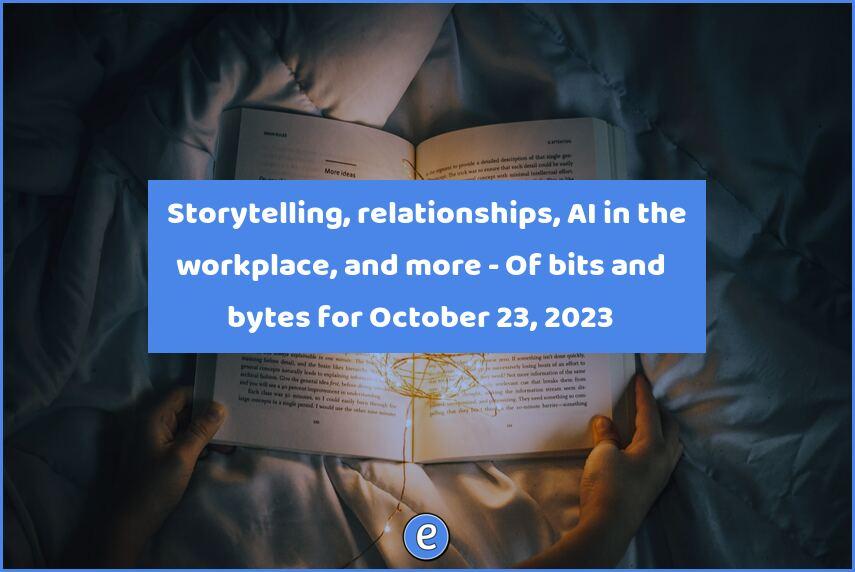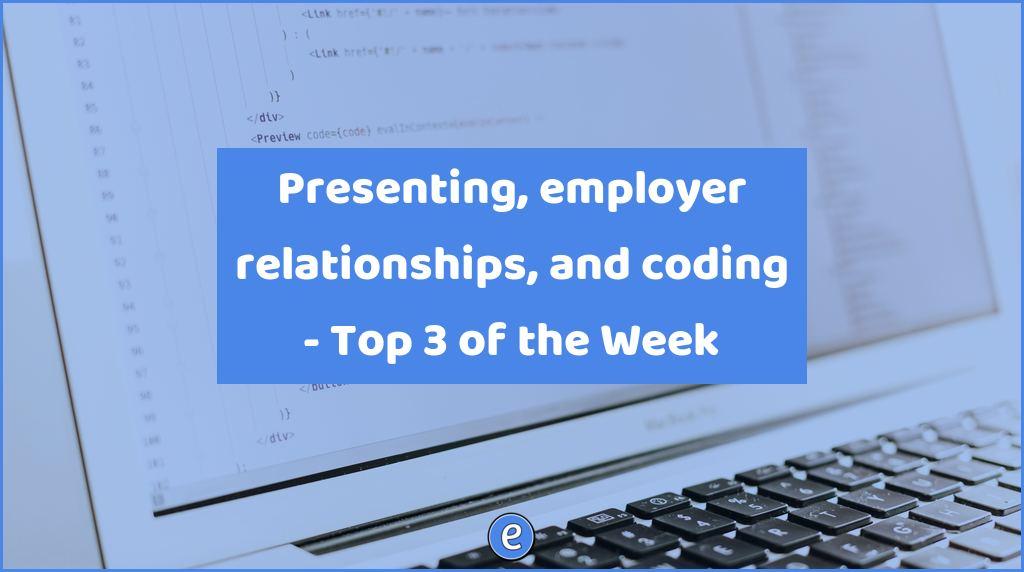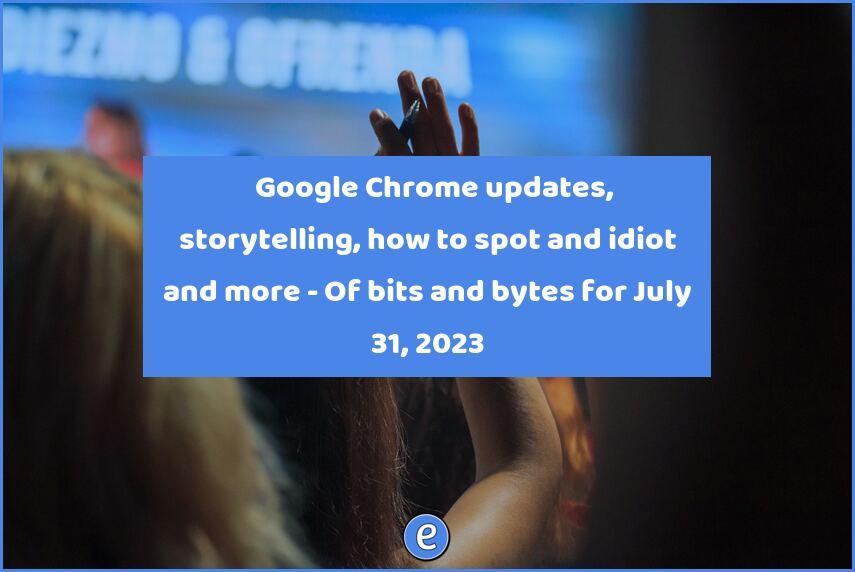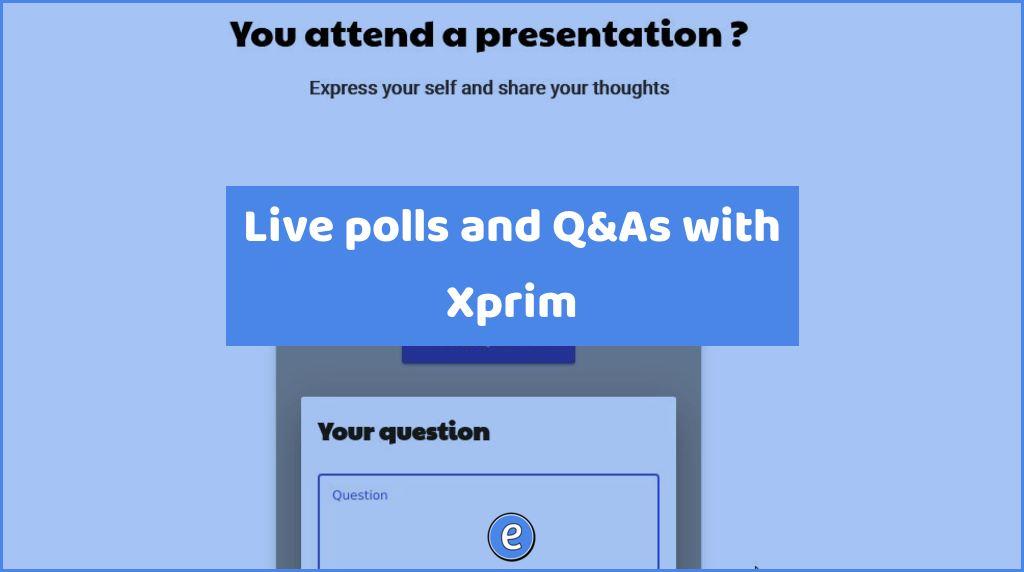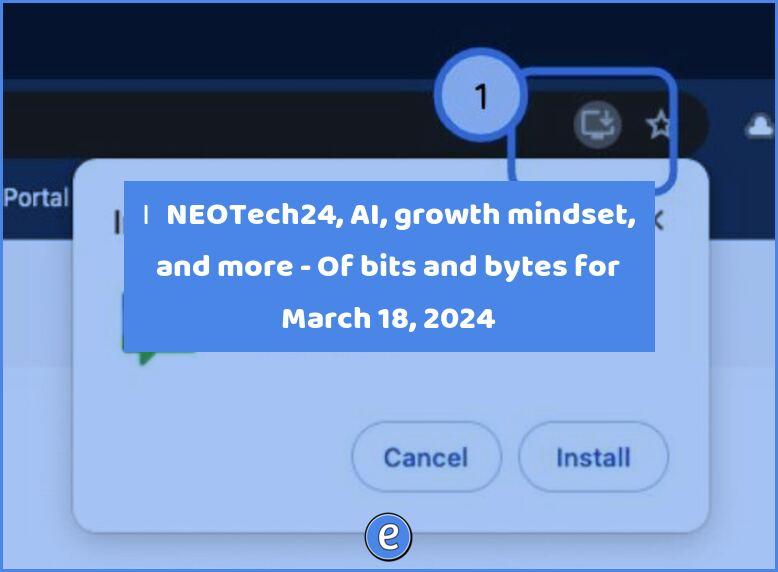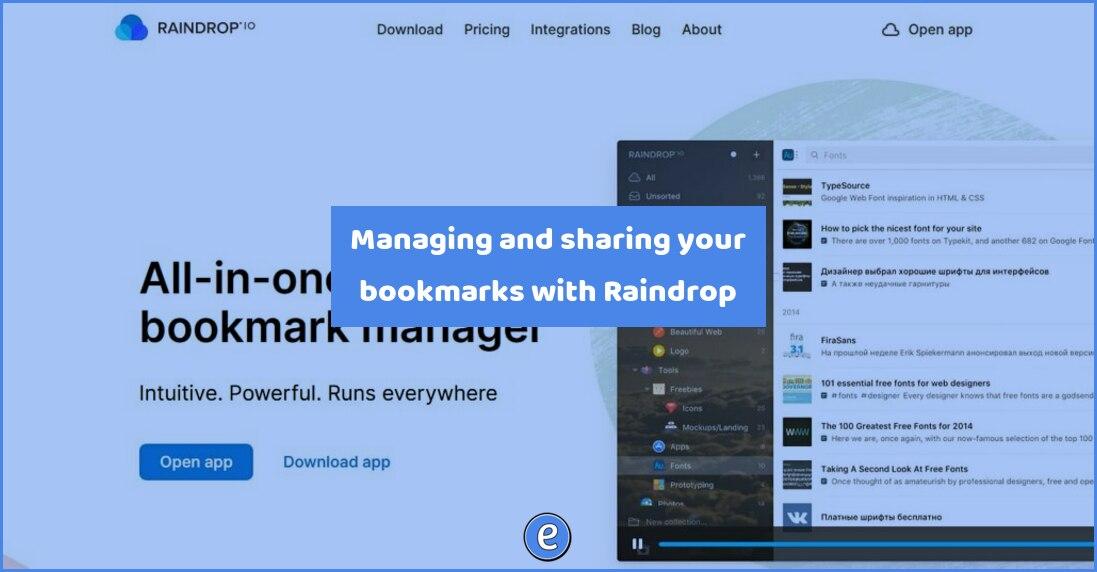🎨 Figjam whiteboards, scheduling meetings in Gmail, AI detectors not working, and more – Of bits and bytes for September 18, 2023
Internet Travels
Of bits and bytes is my weekly round up of interesting links and ideas I discovered on the internet. It is published on Mondays for the previous week
Apps
Figma is a $2 billion dollar company and is the latest to offer it’s products free for education. One of those products is their whitboard software Figjam, and Tom Mullaney has 5 reasons to use Figjam. It’s pretty powerful, the one thing that makes it a little more difficult to use is that it doesn’t use the concept of pages like SMART Notebook or Google’s Jamboard does. Figjam has an infinite canvas, so there will be a learning curve for students and staff on how to navigate.
A few emoji resources this week! First up is Google’s Emoji Kitchen which gives you a way to mash up two emojis and create a new one. If you need more, then check out AI Emojis. For this one you enter what you want for an emoji and it uses AI to create one. Good luck with it because some of them are pretty messed up.
For social studies teachers I am sharing History Travels. Enter a location and the site will show you historical places around that address.
Pedagogy
As one to one programs took off during the late 90s and early 00s, one of the discussions to take place was on inequitable distribution. Wealthy districts were able to afford the distribution of laptops to students way before the less wealthy districts could. While the advancement of technology has brought down costs, a new technology could take its place in the inequitable department, AI. Most of the AI you see taking place are very expensive to run, that’s why there are limits in most of the products. The other issue with AI is one of bias, which depends on what the AI was trained on. AI works a lot like a middle school student, taking shortcuts as much as possible. In the early days researchers were training AI to identify tumors. Well, the AI figured out that pictures with a ruler in them, like ones physicians use to examine tumors, were more likely to be tumors. So instead of actually learning what tumors looked like, the AI just looked for a ruler.
Here’s another article digging in to OpenAI’s conclusion that AI writing detectors don’t work.
Technology
If you are worried about your Chromebook getting out of date, Google has good news for you, they are extended support out to ten years. And this isn’t just for new Chromebooks, but for Chromebooks purchased after 2021. Along with the 10 years of updates Chromebooks are also getting adaptive charging, which I’m sure is going to confuse a lot of people. Adaptive charging is where the device will only charge up to 80%, depending on usage. This will extend the life of the battery at the expense of runtime. Finally, for Chrome’s 15 birthday Google is showing off a new look and features.
Tips
Gmail now lets you suggest times for a meeting in your email. I used it this past week, sending a list of times in my email. It worked really slick.
The Verge posted a couple of how to articles, one on creating QR codes in your browser (including on Android and iOS) along with one on using the editing tools in Google Photos.
Pop Culture
Not only is popular music getting slower, it’s also more likely to be in a minor key, making it sound sad.
Very few people actually post on social media and we’re all lurkers now. Maybe a factor in that is that by lowering your social media use reduces anxiety, depression, loneliness.
Pot Pourri
If you are really into how time is measured, then look at the science of the perfect second.
Extra Credit
Here are extra links that I found interesting that may or may not be education related or interesting to you and I didn’t want to lose them.
- The Gap Between Education and Work That Kills Performance
- To Test the A.I. Learning Hype, I Visited Classrooms – The New York Times
- Dennis Austin, software developer who created PowerPoint, dies at 76 – The Washington Post
- VPNs, Verizon, and Reels: how students are getting around TikTok bans – The Verge
- Google gets its way, bakes a user-tracking ad platform directly into Chrome | Ars Technica
- What OpenAI Really Wants | WIRED

